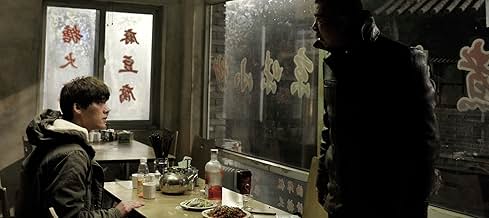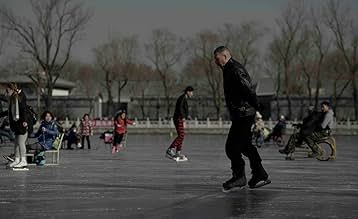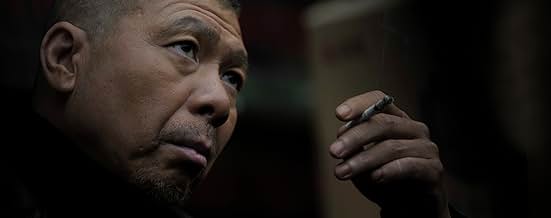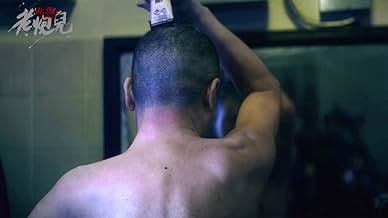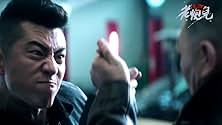It's really difficult to review this film in a different language. In fact it's even tough to comprehend it for many Chinese who are distant from Peking for the reason that it entirely roots on the very local culture of Peking, of both yesterday and today.
The main theme, to me, is about the change of belief.
To many countries, the late half of the 20th century is a continuous of history. But in China, things are opposite. There was no much difference from North Korea till 1980s. But now it's more Capitalism than any genuine Capitalism countries. The old generation, including the Mr. Six, was born in the North Korea - like era. Although brainwashed by propaganda daily, what these former Peking boys value most are something traditional, the loyalty to friends and the courage to risk life for friends. They are really man, of great dignity, and will not bow down for money.
The young generation, born in 1990s or 2000s, grew up in a totally different era. Peking, along other major cities of China, spent the last 20 years to become metropolitans cannot be differentiated from New York by appearance. The lifestyle of many Peking youth is in close association with alcohol, pub, racing cars. Also ironically, a significant portion of these playboys are descendants of those high rank communists who intended to shape the country to the 2nd USSR. Consequently, the belief of the younger generation, the worship of money and power, is totally different from the former.
The film is of plenty vanishing features of old Peking, like the Peking alleys or so called Hu Tong, the parrot in the cage, and the last scene, a remarkable stamp of those heroic boys in 1970s who fight with Katanas (collections of high rank communist from Sino-japan war) and green woolen coats.


